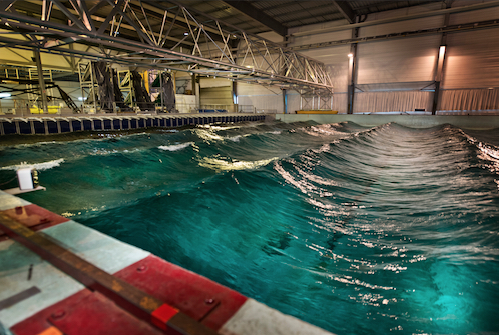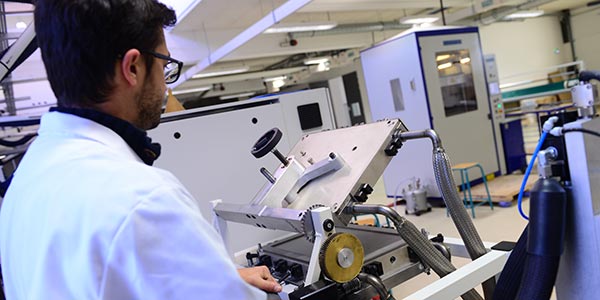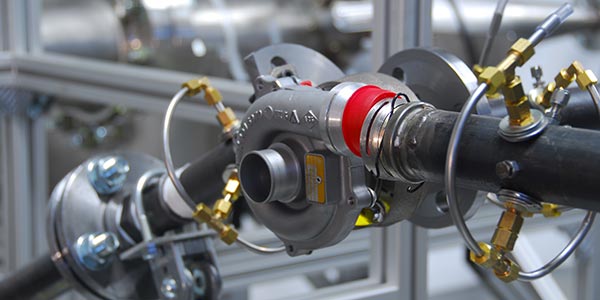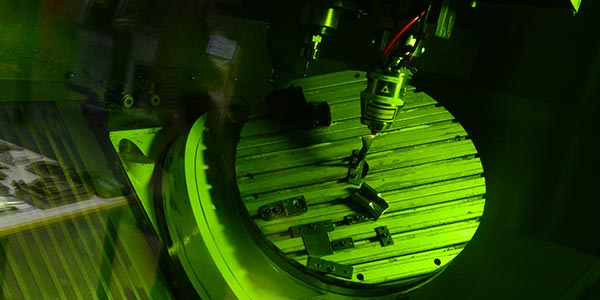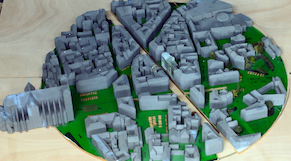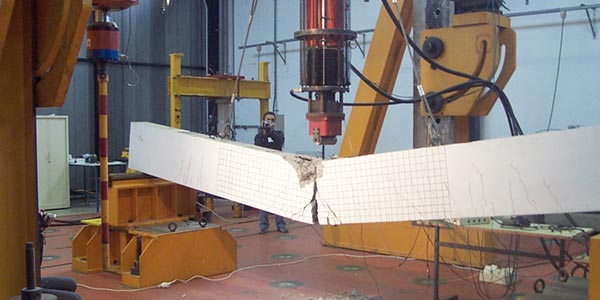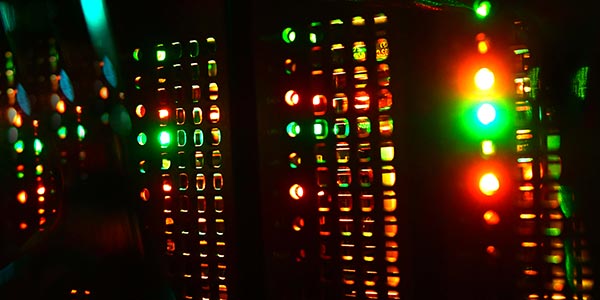Explore the main research areas at Centrale Nantes
Ocean engineering and MRE
Centrale Nantes is establishing itself as one of the European leaders in research and innovation in ocean engineering and marine renewable energies through both its courses and master degrees in ocean engineering and its research facilities with unique capabilities in Europe: in particular its ocean test facilities and the SEM-REV offshore test site.Materials science and composites
The research into materials covers study of their creation and design as well as the manufacture of industrial products. The study of the physical structure of the various materials (metals, polymers, ceramics, composites, biomaterials, etc.) and their properties leads to numerous industrial applications. Research on composite materials is also a key part of research activities at Centrale Nantes.
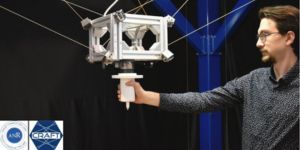
Robotics
Robotics is the set of techniques allowing the design and creation of autonomous machines or robots. At Centrale Nantes, researchers are seeking to resolve current and future challenges posed by industry and society at large with work on humanoid robotics and bio-inspired robotics, autonomous robots and their interaction with the environment.Energy and engines
Improving energy efficiency, developing renewable energy and storing energy are among the main challenges facing engineers today. Our researchers are working on developing renewable energies (electric vehicles, marine renewable energies) as well as improving fossil energy systems (engines).
Manufacturing and Additive Manufacturing
Manufacturing deals with various manufacturing sciences and practices, ranging from design to development of systems, processes, machines, tools and equipment. Additive manufacturing refers to mainly computer-assisted processes whereby material is added layer-by-layer. Centrale Nantes is a major player in this field with 20+ years of expertise and major testing facilities.
Urban environment
This research theme covers various fields related to sustainable development such as: sustainable urban planning, microclimatology, public planning policies, the adaptation of cities to climate change, building sustainability etc.
Civil engineering
Civil engineering research aims to master the phases of design, construction, operation, rehabilitation and deconstruction while taking account of environmental risks and the durability of materials. Numerous research activities in civil engineering are underway at Centrale Nantes, in particular the development of innovative concrete.
Numerical simulation and high performance computing
Numerical simulation has become an essential tool in industry, across all sectors of activity. Within this context, several research groups are interested in numerical methods and modeling adapted to different fields (naval, MRE, product life cycle, etc.) Centrale Nantes researchers also have access to supercomputing facilities. High performance computing leads to reduced testing costs, facilitates optimization and promotes creativity and exploration of new solutions.
Computer science and bioinformatics
coming soon
Industrial Engineering
coming soonMathematics
coming soon
Automatic Control, Signals and Embedded Systems
coming soon

